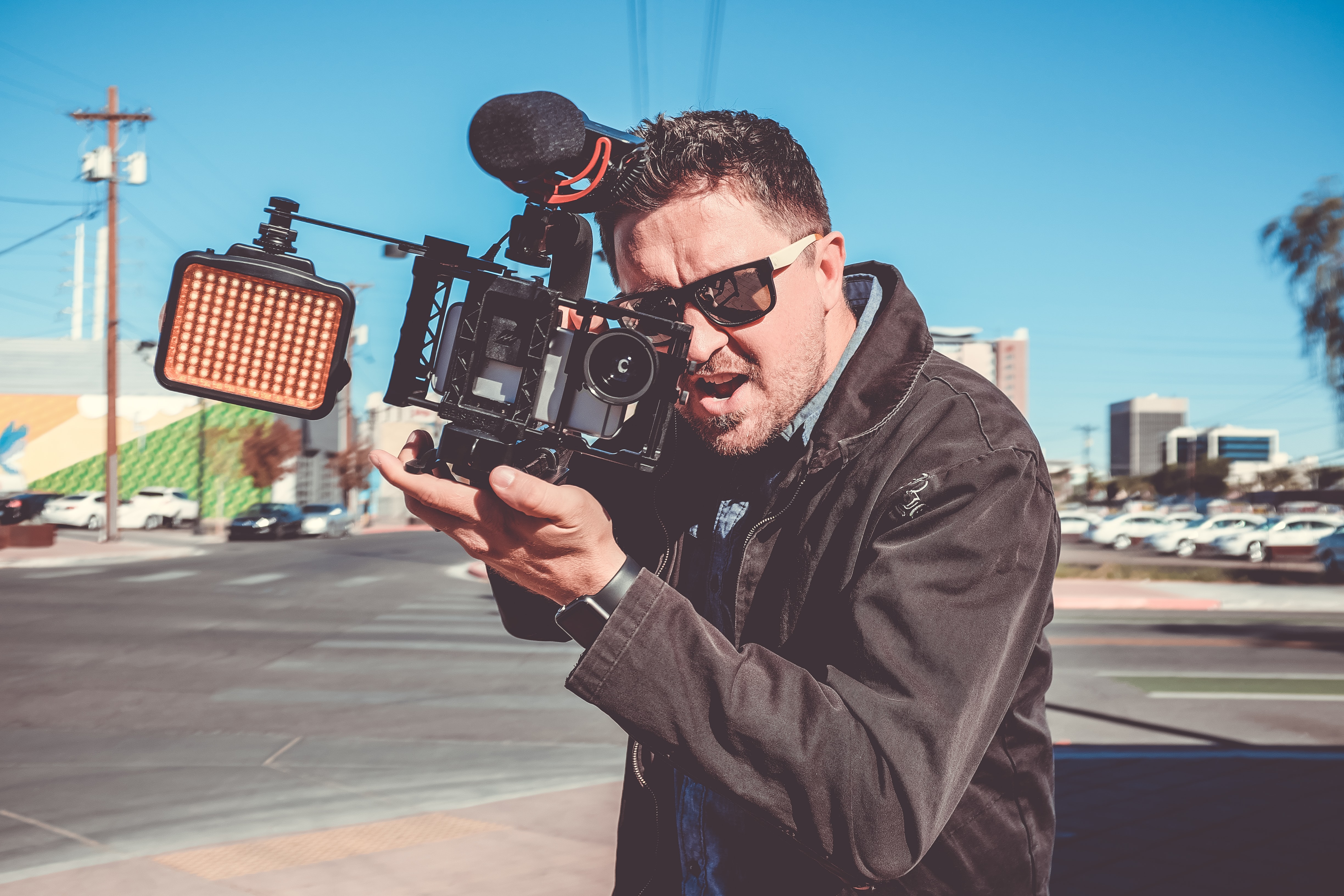Media release
From: PLOSWhat can we learn about reporting in a public health emergency from Sierra Leone Ebola outbreak?
In public health emergencies—including the current COVID-19 pandemic—local media are important sources of information for the public. In a paper published this week in PLOS Neglected Tropical Diseases, researchers have interviewed Sierra Leonean journalists about their experiences reporting during the 2014-2015 Ebola outbreak. The experiences of these journalists may be able to help inform current efforts to communicate about COVID-19.
When disaster strikes, people have a direct and strong need for information. Risk communication is one of the vital parts of any disaster, be it an earthquake, a gas leak or a disease outbreak. It has been suggested that local journalists can be directly mobilized or even commissioned by governments to disseminate public health information. In 2014 and 2015, Ebola virus disease (EVD) infected more than 28,000 people in West Africa.
In the new work, Maike Winters of Karolinska Institutet in Stockholm Sweden, and colleagues conducted semi-structured interviews with 13 Sierra Leonean journalists a few weeks after the last two EVD cases were reported in Sierra Leone in 2016. Radio is the most used medium for the large majority of the public in Sierra Leona and 11 of the 13 journalists interviewed worked for radio stations.
The thematic analysis showed that journalists adapted different roles over the course of the outbreak. In the early months of the outbreak, most were skeptical about the existence of an outbreak at all. They cited a lack of forthcoming information from official sources as leading to a mix of uncertainty and confusion. As the virus spread, the journalists became eyewitnesses, educators and public mobilizers. During this time, many struggled with their own fear for the virus, and say that targeted training helped them identify safe reporting practices in the field. Collaboration between local radio stations and with outbreak experts and local leaders helped the journalists make the transition to becoming instructors for the local communities and convey practical tips to the public.
“Our results show that it is possible to effectively partner with local media to disseminate public health messages,” the researchers say. “This might be challenging in settings with problematic press freedom, but Sierra Leonean journalists actually felt that the outbreak helped improve their practices.”


